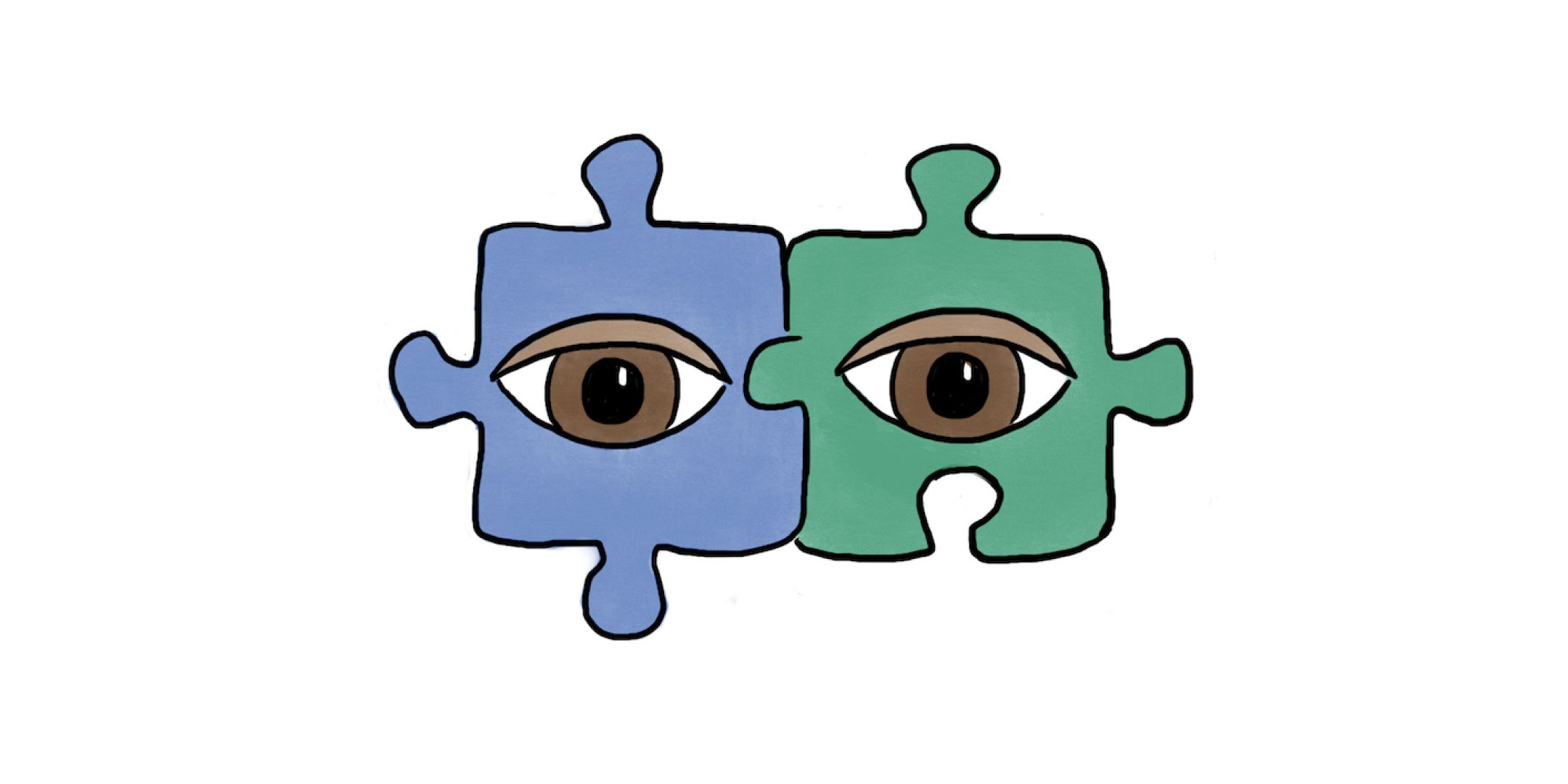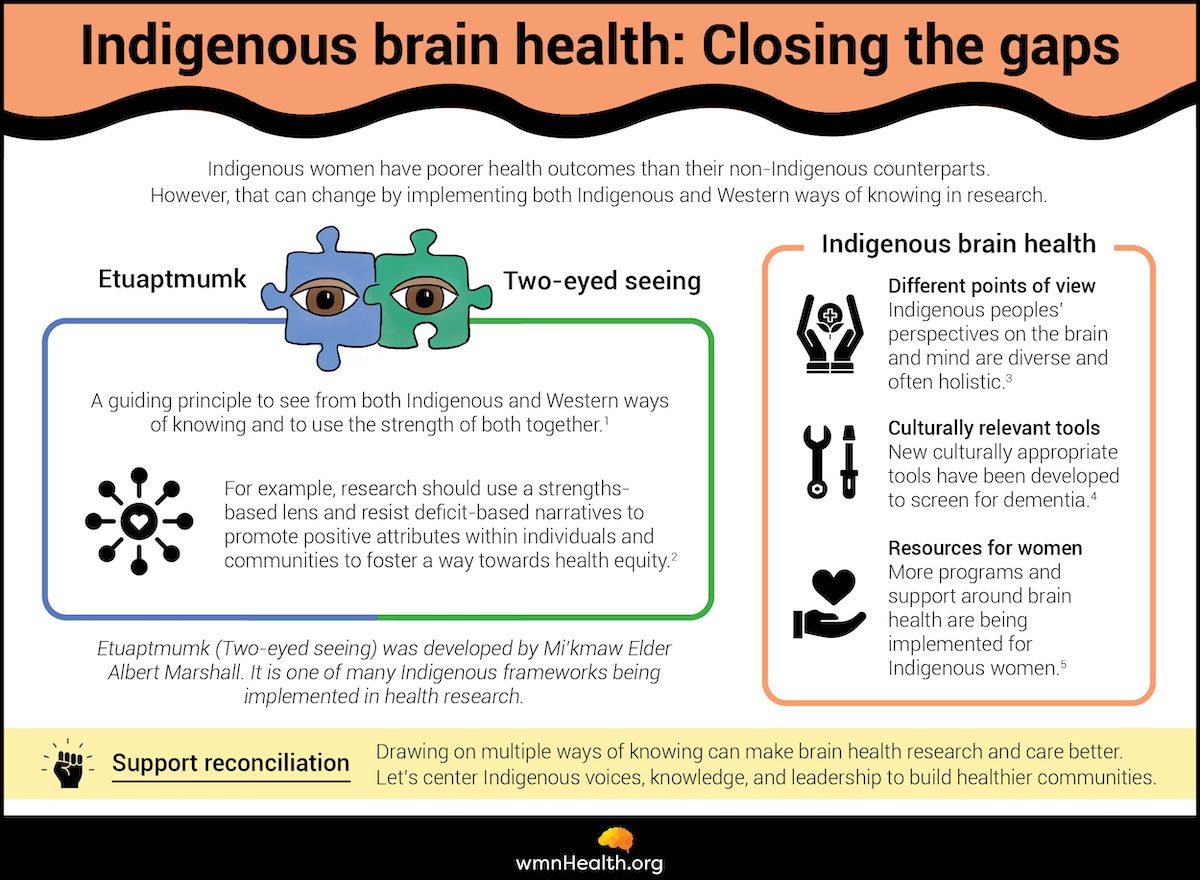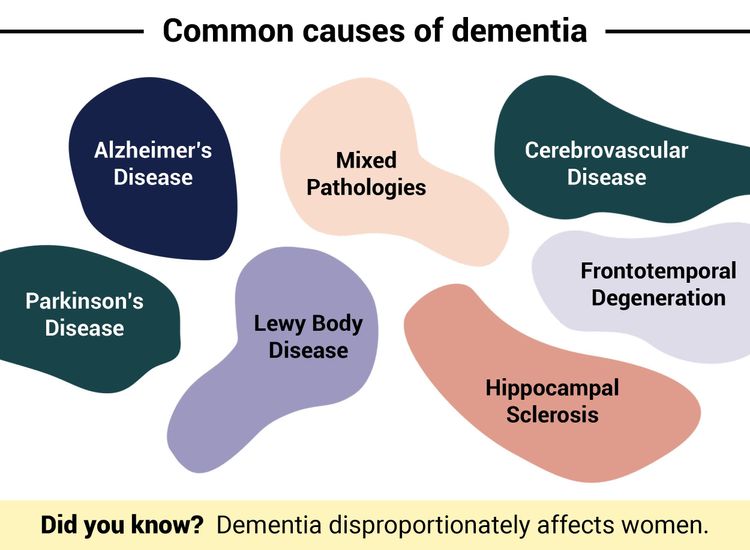
The statistics are startling: As many as 1 in 3 Native American elders will develop dementia. North of the 49th Parallel, in Canada, research shows that dementia rates are 34 percent higher in First Nations individuals than non-First Nations individuals — and rates are rising quickly.
Unfortunately, dementia is just one of many brain health conditions that disproportionately affect Indigenous people around the world, including Native Americans and First Nations, Inuit, and Métis. Traumatic brain injury, stroke, post-traumatic stress disorder (PSTD), depression, substance use disorders, and suicide are also more common among Indigenous people than their non-Indigenous peers.
This brain health gap is rooted in racism and colonization. Closing the gap requires dismantling the discriminatory policies and practices and systemic biases that continue to harm the health of Indigenous people. Among them is health research that has exploited, excluded, overlooked or misunderstood Indigenous people and their needs.
Inclusive health research is part of the solution. It needs to be culturally safe and responsive, to be conducted in partnership with Indigenous people, and to integrate Indigenous values, beliefs, and understandings of brain health.

References below.
Indigenous brain health resources
There are numerous initiatives underway to close the Indigenous brain health gap. Here are a few:
The Healthy Brain Initiative (HBI) Road Map for Indian Country: The United States developed the first-ever public health guide for Native Americans and Alaska Natives. Called The Healthy Brain Initiative (HBI) Road Map for Indian Country (PDF), it serves as a conversation starter for leaders to learn about dementia and start discussions in their communities. An updated road map will be released in 2024. The International Institute for Indigenous Aging, a national hub for information on Alzheimer’s disease and related dementias, and the Memory Keepers Medical Discovery Team at the Univesity of Minnesota consulted on the road map and are working to improve dementia outcomes in Indigenous and rural communities through collaborative research.
In Canada, the Alzheimer’s Society has published a page of Indigenous dementia care tools and the Native Women’s Association of Canada runs an aging and dementia program that provides evidence-based and culturally appropriate support to Indigenous people living with dementia and their caregivers. In addition, the Canadian Brain Research Strategy is convening Indigenous Knowledge Holders to integrate Indigenous voices into neuroscience.
Infographic references:
1. Peltier, C. (2018). An Application of Two-Eyed Seeing: Indigenous Research Methods With Participatory Action Research. International Journal of Qualitative Methods.
2. Strategic Plan 2023-2027, Memory Keepers Medical Discovery Team. (Accessed September 30, 2023.)
3. Harding L, Marra C, Manohara V, Illes J. Ways of Knowing of the Brain and Mind: A Scoping Review of the Literature About Global Indigenous Perspectives. Journal of Neurology Research, North America, 12, Feb. 2022.
4. Indigenous Cognition & Aging Awareness Research Exchange (Accessed September 30, 2023)
5. Aging and Dementia, Native Women's Association of Canada (Accessed September 30, 2023)


